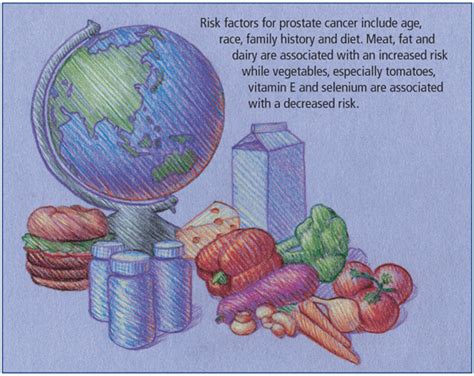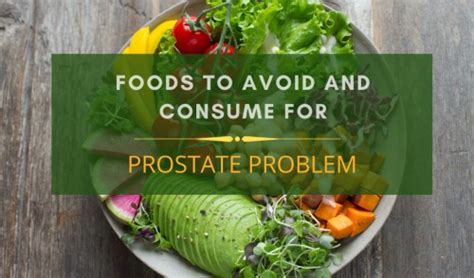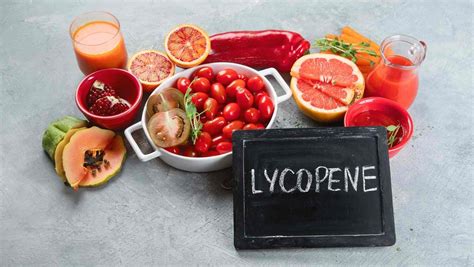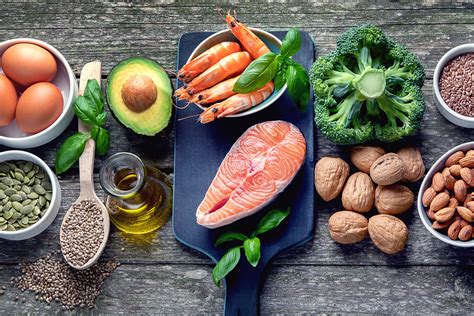What specific dietary considerations should men over 50 prioritize to support prostate health?

Nourishing the Prostate: A Dietary Guide for Men Over 50
As men age, particularly beyond 50, prostate health becomes a significant concern. While genetics and lifestyle factors play roles, diet emerges as a powerful, modifiable tool to support prostate function and potentially reduce the risk of common age-related prostate issues. Understanding which foods to prioritize and which to limit can make a substantial difference in maintaining a healthy prostate for years to come.
Emphasize a Plant-Rich Diet
A cornerstone of prostate-friendly eating is a diet rich in fruits, vegetables, and whole grains. These foods are packed with antioxidants, fiber, and essential micronutrients that combat inflammation and oxidative stress – two key contributors to prostate problems. Aim for a wide variety of colors on your plate to ensure a broad spectrum of protective compounds.

Lycopene: The Red Shield
Lycopene, a powerful antioxidant, has been extensively studied for its potential role in prostate health. Found abundantly in red and pink fruits and vegetables, its bioavailability increases when cooked or processed. Prioritize:
- Cooked Tomatoes: Tomato paste, sauce, and juice offer more bioavailable lycopene than raw tomatoes.
- Watermelon: A refreshing source, especially during warmer months.
- Pink Grapefruit & Papaya: Other excellent contributors to your lycopene intake.

Cruciferous Vegetables: Detox Powerhouses
Broccoli, cauliflower, Brussels sprouts, and kale contain sulforaphane and other compounds that support detoxification pathways in the body and may help inhibit the growth of abnormal cells. Incorporate these into your diet several times a week:
- Broccoli: Steamed or roasted to retain nutrients.
- Kale & Spinach: Great in smoothies, salads, or sautéed.
- Cabbage & Brussels Sprouts: Versatile and nutrient-dense options.
Healthy Fats: Omega-3s and Monounsaturated
Chronic inflammation can negatively impact prostate health. Omega-3 fatty acids, known for their anti-inflammatory properties, are crucial. Similarly, monounsaturated fats contribute to overall cardiovascular health, which is linked to prostate well-being.
- Fatty Fish: Salmon, mackerel, sardines, and trout are excellent sources of EPA and DHA. Aim for 2-3 servings per week.
- Flaxseeds & Chia Seeds: Plant-based omega-3s (ALA), fiber, and lignans, which may have protective effects.
- Walnuts: Another good source of plant-based omega-3s and antioxidants.
- Avocado & Olive Oil: Rich in monounsaturated fats.

Zinc & Selenium: Essential Minerals
These trace minerals play vital roles in immune function and cellular health, both relevant to the prostate.
- Zinc: Found in oysters (exceptionally high), pumpkin seeds, lean beef (in moderation), and nuts.
- Selenium: Brazil nuts (just one or two a day provides sufficient selenium), sunflower seeds, and mushrooms.
Green Tea: Antioxidant Brew
Regular consumption of green tea, rich in catechins (powerful antioxidants), has been associated with various health benefits, including potential support for prostate health.
Reduce Red and Processed Meats
Studies suggest a correlation between high consumption of red meat (especially well-done or charred) and processed meats (sausages, bacon) and an increased risk of prostate issues. Opt for leaner protein sources like fish, poultry, beans, and lentils instead.

Be Mindful of Dairy Intake
Some research indicates a potential link between high dairy consumption and prostate cancer risk. While more definitive research is needed, moderating dairy intake and choosing low-fat options or fortified plant-based alternatives can be a cautious approach.
Limit Sugary Drinks and Refined Carbohydrates
Diets high in sugar and refined carbs can lead to chronic inflammation and weight gain, both of which are detrimental to overall health, including prostate health. Choose whole grains, fruits, and vegetables over processed snacks and sugary beverages.
Stay Hydrated
Adequate water intake is essential for overall urinary tract health, which directly impacts the prostate. Aim for at least 8 glasses of water daily.

Overall Lifestyle Considerations
While diet is paramount, remember that it works in conjunction with other healthy lifestyle choices. Regular physical activity, maintaining a healthy weight, stress management, and routine check-ups with your doctor are all crucial components of a comprehensive prostate health strategy.
Conclusion
For men over 50, proactively addressing prostate health through dietary choices is a wise investment. By prioritizing a diverse range of plant-based foods, healthy fats, and specific nutrients like lycopene and omega-3s, while limiting inflammatory foods, you can significantly support your prostate. Always consult with a healthcare professional or a registered dietitian to tailor these recommendations to your individual health needs and ensure they complement any existing medical conditions or treatments.








